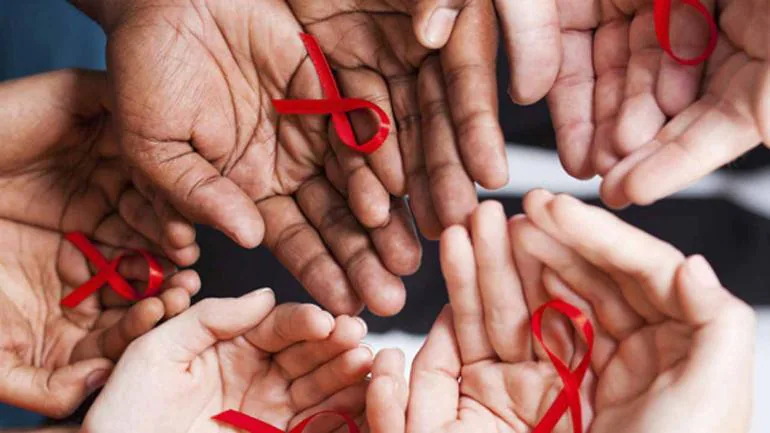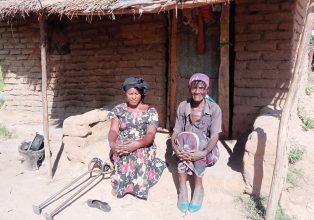Breaking monotony in HIV messages
For years, Malawians have been bombarded by HIV and Aids messages to the extent that it is never easy for one to pay attention.
Usually, an organisation hires performing artists and gives them messages to relay to a target audience. The audience enjoys the performance and probably grabs some tips as the organiser ticks the boxes to show the outreach was successful.

As popular as public performances can get, sometimes, variety makes them interesting.
Now, Malawi Network of Aids Services Organisation (Manaso), National Association for People Living with HIV and Aids (Napham) and Innovations for Change (IFC) have teamed up to break the monotony in HIV and Aids messaging.
The three organisations are running Pamodzi project targeting institutions of higher learning that are often excluded on assumption that they already have the information.
Their first stop was Lilongwe University of Agriculture and Natural Resources (Luanar), where they are using art with a difference to influence change.
Once on campus, the team organised a week-long interactive workshop with selected students from different programmes and years and the encounter ends with open-air events.
The partners conducted a survey before the workshop to identify knowledge gaps the messages were tailored to fill.
Interestingly, the students were asked to develop fitting messages based on the gaps using music, drama and poetry.
Every evening, the selected performers spent two hours rehearsing how to effectively deliver the messages to a wider audience and record them in a mobile studio.
Manaso executive director Jones Chimpukuso states: “When the students identify big issues and ways of delivering vital messages to peers, it helps them internalise the message unlike when we bring outsiders who perform before them and leaves shortly afterwards.
“There tends to be a disconnect between the message and the people.”
He is concerned that institutions of higher learning are silently neglected on assumption that the learners are better informed than surrounding communities.
“We have noted that there are knowledge gaps even in these colleges. We have a significant population of people living with HIV and at risk of contracting the virus. We need a creative way of reaching them,” Chimpukuso explains.
During the workshop, it was evident the students were enjoying the lessons, the rehearsals, the role plays and the songs. In the corridors of the university, students here and there were overheard singing the songs captured from the workshop.
Primarily, the messages packed in the music, poems and drama primarily promoted health-seeking behaviours, getting tested and taking treatment without fail.
Three girls mesmerised with their rhythm and blues song, highlighting the importance of getting tested. The confessed first-timers churned out rhymes, catchphrases and keywords with splendid dexterity as if they had been on the microphone for decades.
“If you really care, don’t you think you can share. Never let it be a nightmare before spreading the message everywhere. We all need to be aware yeeeh,” sang the vocalist before the backers intervened.
Flora Madikhula, one of the singers, says the approach was eye-opening, satisfying and “worth my time”.
She said taking an active role in disseminating vital messages ramped up her confidence to perform the song to her peers “anywhere and anytime”.
“It’s fun for me. I have learnt a lot and am already ready to share the messages with others. Music is loved by many and it is the best way to share information,” explained Madikhula.
Pamodzi is funded by USaid to increase access to sexual and reproductive health information and services.
Institutions of higher learning are just part of key communities, mostly those at risk of HIV infections and being left behind, which the project targets using an array of innovative behavioural change strategies based on the audience’s special needs.
Apart from Luanar, the Pamodzi partners also visited Malawi University of Business and Applied Sciences in Blantyre and the University of Malawi in Zomba.




